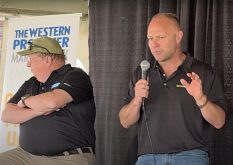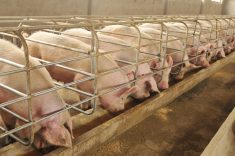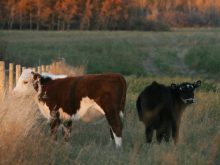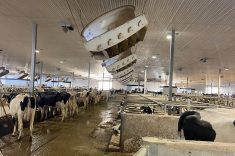SASKATOON – An American horse industry spokesperson warned Saskatchewan beef producers recently to make sure they know who is driving the animal welfare agenda.
Animal activists are much better at getting their side of an issue out to the public, said Norm Luba, executive
director of the North American Equine Ranching Information Council in Louisville, Kentucky.
He said beef producers need only look at what has happened to the American horse industry. The closure of two plants in Texas and another in Illinois, all by state law and the result of pressure from anti-slaughter groups, has left the U.S. without horse kill facilities. Luba said the number of unwanted horses is skyrocketing and horse values have plummeted.
Read Also
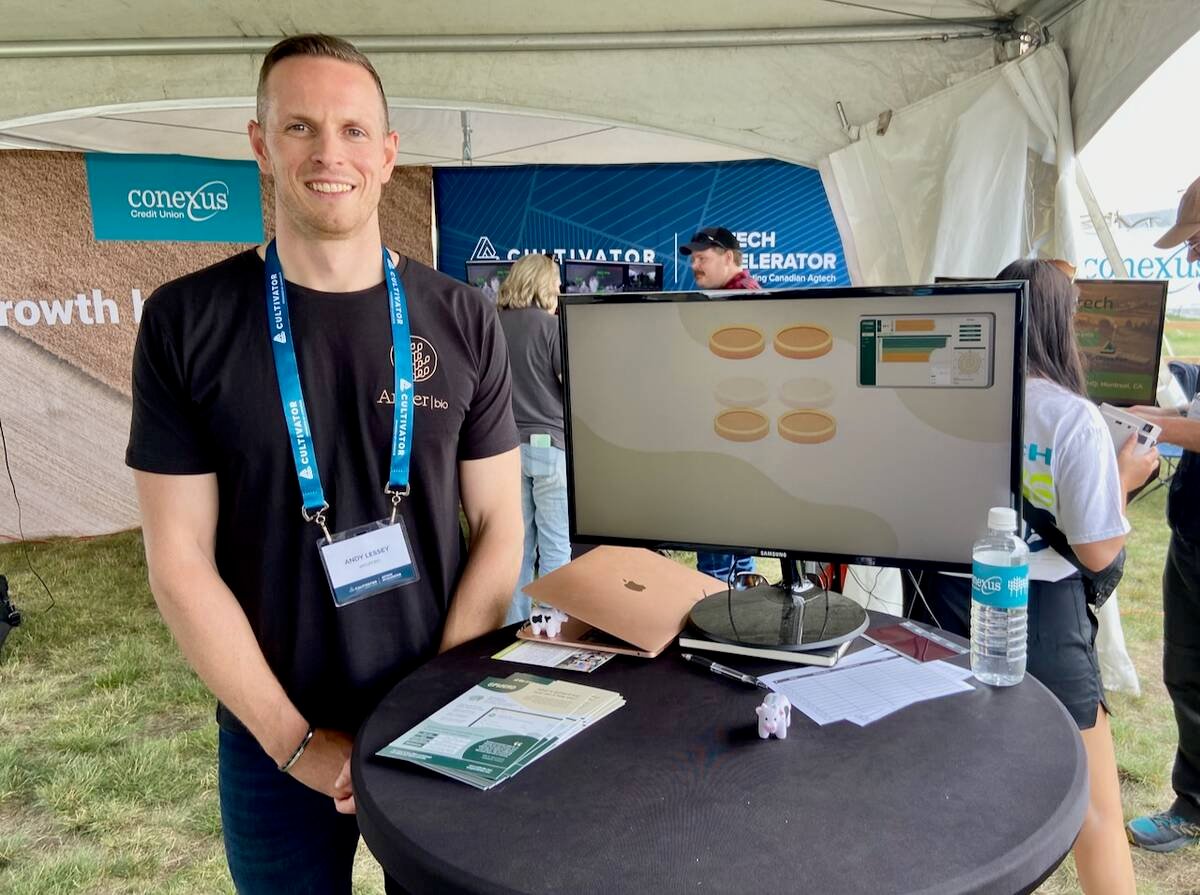
VIDEO: British company Antler Bio brings epigenetics to dairy farms
British company Antler Bio is bringing epigenetics to dairy farms using blood tests help tie how management is meeting the genetic potential of the animals.
He said about 100,000 American horses were slaughtered each year before the plants closed.
Without that option owners are left to pay for the care of unwanted horses – an estimated $2 million per year – although they have no economic value.
Some are turning their horses loose. So-called wild horses have been found carrying brands.
There are some shelters set up to take horses but Luba said they can’t handle the volume.
Reports of abuse are on the rise and some people are selling horses for as little as $20.
“It’s easy to say the owner is responsible,” he said. “The reality is that if you’re trying to feed your family or feed a horse, you’re going to feed your family.”
Other owners are looking to other countries for slaughter opportunities.
Exports to Mexico and Canada have risen about 300 percent, Luba said. That means longer trips on trucks and more potential for horses to be injured.
He said the failure of some people to recognize that horses are livestock, not pets, is responsible for the problems horse breeders now face. Horses have been used for many different things, including sport and work.
“In the Second World War they were used for feeding the troops, to some degree,” Luba said.
Any regulations developed from a non-scientific basis, such as the state laws that closed the plants, set a bad precedent for production agriculture, he said.
“That’s not to diminish the importance of proper animal welfare,” he said in an interview. “What I’m saying is there are people out there with agendas that are other than animal welfare. They simply want to see the end of production agriculture.”
The activists appear to be moving their agenda to Canada, he said.
His evidence is the recent television documentary showing hidden camera footage of alleged inhumane treatment at the Natural Valley slaughter plant at Neudorf, Sask.
The Canadian Horse Defence Coalition provided the footage to CBC on the condition the broadcaster not contact government officials until after the footage had been shown.
Luba said the industry must be proactive and educate people. Beef producers who think they won’t be targeted should think again, he said.






